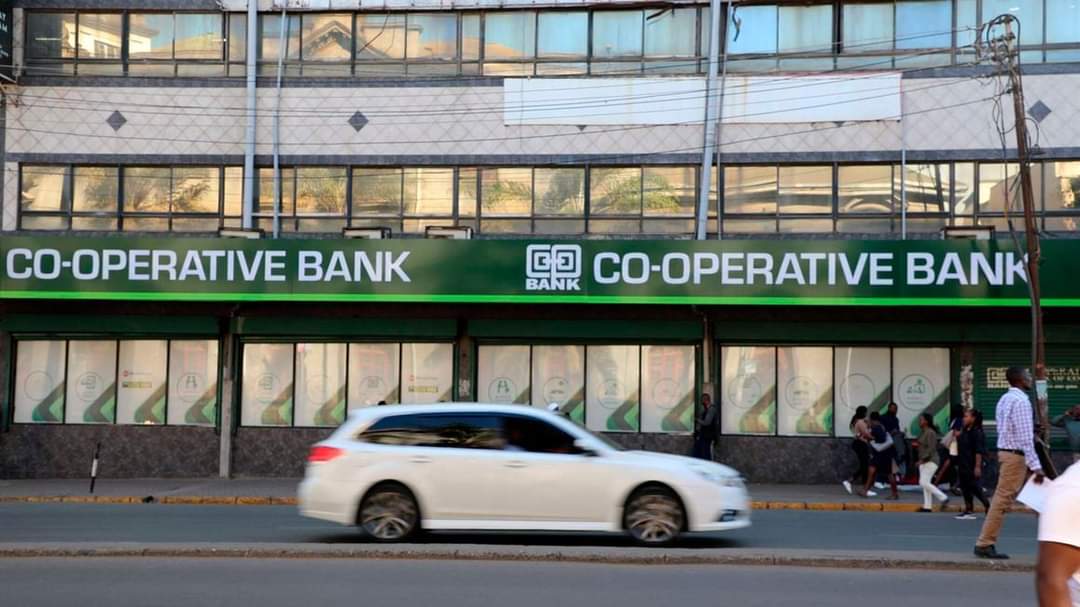KCB signs African Cross-Border Payment deal to Support Customers
KCB Group has signed an Africa-wide deal to facilitate settlements of cross-border transactions on the continent.
The agreement signed early this week with the Pan-African Payment and Settlement System (PAPSS) in Accra, Ghana on the side-lines of the Afrexim Bank Annual Meeting, makes KCB the first Bank in East Africa to on board the financial market infrastructure that provides a secure and efficient channel for processing cross-border payments.
KCB Group CEO, Paul Russo said this platform will guarantee speed, affordability, and reliability of transactions, effectively boosting intra-African trade and payments.
“With this agreement, we bring on board our payments and collections expertise spanning over 120 years. This means that our customers will now have access to vast economic opportunities that will deliver multiple advantages and efficiencies especially when conducting Intra-African trade payments.”
The platform is a centralized Financial Market Infrastructure developed in collaboration with the African Export-Import Bank (Afreximbank) to complement trading under the Africa Continental Free Trade Area (AfCFTA).
It provides an alternative to current high-cost and lengthy correspondent banking relationships to facilitate trade and other economic activities among African countries through a simple, low-cost risk-controlled payment clearing and settlement system.

“As a Pan-African banking institution, it is our desire to play a bigger role in facilitating trade across Africa and beyond. With such partnerships, we shall be able to settle our own transactions including those for all its subsidiaries as well as for other commercial banks without many hurdles.” Russo said.
The platform will deliver multiple advantages and efficiencies to intra-African trade payments that include a reduction in the duration and time variability of cross-border payments across Africa, support real-time payments, decrease the liquidity requirements of commercial banks for cross-border payments, remove transaction value limits, enable commercial banks to set the applicable exchange rates and strengthen oversight of cross-border payment systems by Central Banks.
The Pan-African Payment and Settlement System network currently consists of at least 8 Central Banks, 28 commercial banks, and six switches.
It has successfully been piloted in the six countries of the West African Monetary Zone and is expected to expand into the five regions of Africa before the end of 2023. Additionally, all African Central Banks are expected to sign up by the end of 2024 while all commercial banks by the end of 2025.




